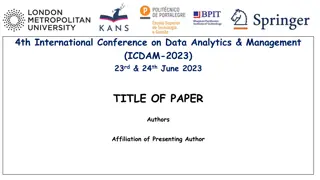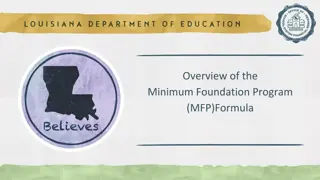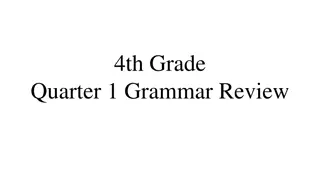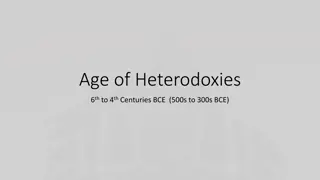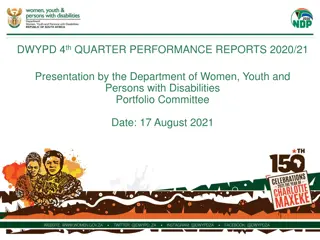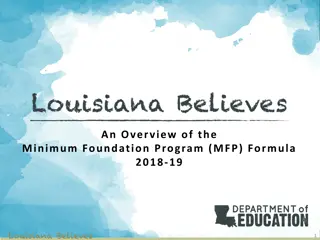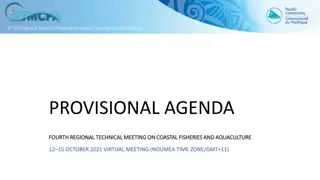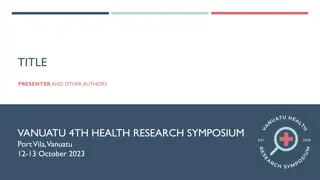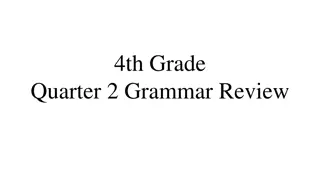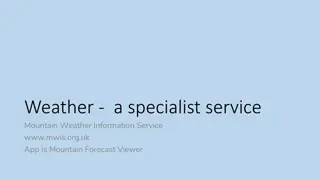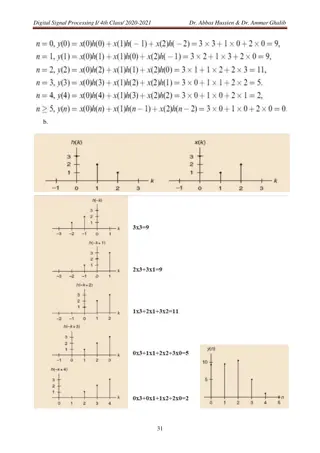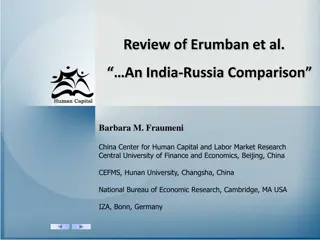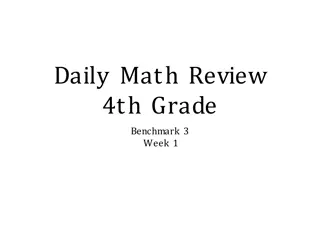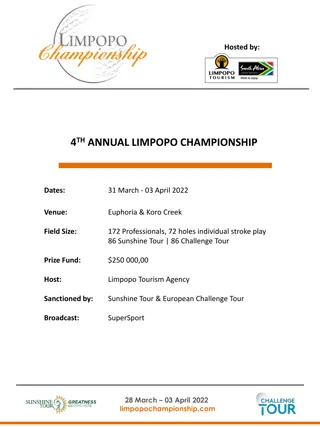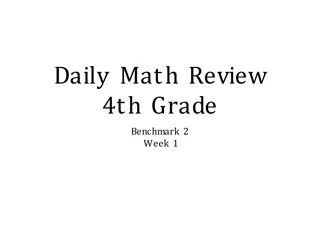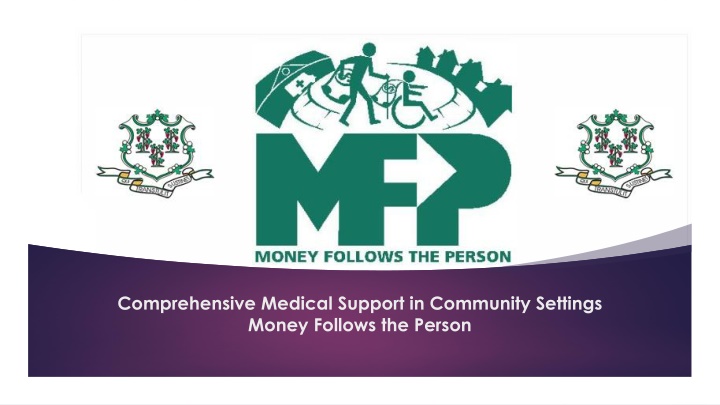
Comprehensive Medical Support in Community Settings - Money Follows the Person Program Details
Learn about the Money Follows the Person (MFP) federal program that helps eligible individuals transition from long-term care facilities back to the community, providing comprehensive medical support. Explore eligibility criteria, benefits, and how to apply for MFP. Discover the DDS STEP Initiative promoting dignity of risk and independence in community integration.
Download Presentation

Please find below an Image/Link to download the presentation.
The content on the website is provided AS IS for your information and personal use only. It may not be sold, licensed, or shared on other websites without obtaining consent from the author. If you encounter any issues during the download, it is possible that the publisher has removed the file from their server.
You are allowed to download the files provided on this website for personal or commercial use, subject to the condition that they are used lawfully. All files are the property of their respective owners.
The content on the website is provided AS IS for your information and personal use only. It may not be sold, licensed, or shared on other websites without obtaining consent from the author.
E N D
Presentation Transcript
Comprehensive Medical Support in Community Settings Money Follows the Person
What is Money Follows the Person (MFP)? MFP is a federal demonstration program that helps Medicaid eligible individuals currently living in long-term care facilities successfully transition back to the community. Overseen by CT Department of Social Services (DDS has an MFP division) Allows for the individual to access the Medicaid facility cost and use the funds toward community-based supports. MFP provides funding for the individual in the community for one year; individuals are then enrolled on a Medicaid waiver or receive other types Medicaid funded supports. DDS matches the MFP funds for year two; Long-term success.
Skilled Nursing Facilities DO Provide Impatient Rehab and Medical Treatment DO NOT Provide Opportunities to exercise independence Medication Management Opportunities for decision making Assistance with ADLs: Bathing, Dressing, Toileting/Continence, Eating, Mobility Privacy Opportunities to engage freely in everyday interests and social activities Skilled Nursing Tasks Medical Evaluation/Diagnosis Access to the community High staffing ratios/Individualized Support Behavioral support and intervention
DDS STEP Initiative: Dignity of Risk STEP: Empower people to become more independent and integrated into their communities. Dignity of risk is the idea that self-determination and the right to take reasonable risks are essential for dignity and self esteem. Dignity of risk supports the individual s right to learn, grow, and have a better quality of life. Person centered planning supports the idea that the dignity of risk is different for each individual. Build safe opportunities for risk
Who is eligible for MFP? Individual is currently residing in an institutional setting for a period of 60 days. Medicaid must pay for at least one day. Eligibility is based on the following criteria: Must be Medicaid eligible **Under DDS-MFP, an institution is defined as an ICF/IID (public or private), STS, Regional Center, Hospital or LTC/Nursing Home. Must be eligible for one of CT Medicaid waivers (Includes DDS waivers)
How to Apply for MFP? MFP Applications can be submitted at Apply CT MFP Home Individuals can receive assistance from an individual of their choice in completing the application on their behalf. This includes guardian/conservator; facility social worker; DDS case manager; nurse, etc. If the individual decides they do not want to proceed with MFP they can withdraw at any time. Does not impact benefits or services in any way.
Initial Process/Case Managment Once a referral is accepted, a DDS MFP Case Manager will be assigned. MFP CM is the primary case manager; Intensive Case Management Planning and developing a safe care plan that will allow a for a successful transition back into the community. Assessing individual s needs and coordinating with medical staff, community providers, family/friends to ensure all areas are addressed prior to and for the duration of the MFP year.
Comprehensive Services and Supports Individuals are eligible to receive all services and supports listed under the DDS HCBS waivers based on the needs identified in their Individual Plan and funding based on the Medicaid daily rate of the facility. Additional services under Medicaid including but not limited to: Home Heath and VNA Supports; RN/LPN; Community First Choice; Rental Assistance (RAP); DSS Room & Board; Apartment/Home Set-up; Clothing; Moving costs; One-time OT/PT Assessments One-time waiver supports such as Home Modifications, Vehicle Modifications, Assistive Technology, etc. Self-direction, agency-based supports, family caregivers GOAL: Remain successfully supported in the community
MFP: Discharge into the community The timeframe for discharge is dependent on many factors including but not limited to housing; the need for an accessible home environment; availability of staff and/or nursing supports; the stability of the individual s physical and mental health; agreement/participation from guardian/conservator. Discharge within a certain timeframe can never be guaranteed based on the above factors.
When to consider an MFP Referral Individual resides in a SNF, Hospital or ICF and has expressed a desire to return to the community. Examples: Individual lived on their own with 10 hours of IHS and wants to return to their apartment but needs more support hours. Individual lived in a family home but would need a ramp and a walk-in shower in order to return home. Individual wants to live independently with a roommate who also has DDS supports.
Money Follows the Person: Success DDS currently has 4 case managers statewide that work solely with individuals enrolled in MFP. On average, there are approximately 25-30 discharges per year under DDS MFP, and 60% of these discharges are individuals over the age of 50. 94% of individuals complete their MFP year DDS annualizes MFP funds after the MFP year allowing individuals to stay in the community successfully. Since the start of the program in 2012, 88% of individuals still receiving DDS supports to date remain enrolled on the waiver and in community-based settings

